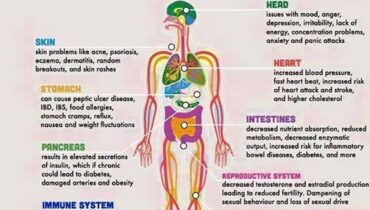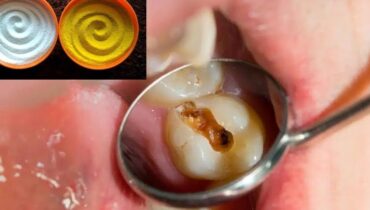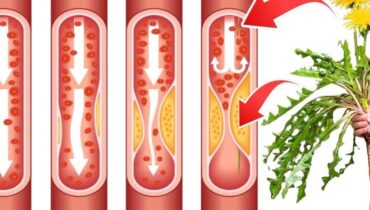📌 For those who fart more than 25 times a day

Posted 10 September 2025 by: Admin
Passing gas is completely normal—but understanding when it’s excessive can help you protect your digestive health.
Farting (flatulence) is the release of intestinal gas through the rectum. It’s a natural process created when your body digests food and swallows air. On average, a healthy adult farts about 14–25 times per day—a normal range that varies depending on diet and lifestyle.
Abnormally Frequent Farting: What It Means & What to Do
If you’re passing gas more than 25 times daily—especially if accompanied by discomfort, bloating, or other symptoms—it may signal excessive flatulence. While often harmless, persistent or excessive gas can sometimes indicate dietary triggers or underlying digestive conditions.
⚠️ Common Causes of Excessive Farting
1. Dietary Causes
- High-fiber foods: beans, lentils, broccoli, onions
- Carbonated drinks
- Sugar alcohols (sorbitol, mannitol in sugar-free items)
- Lactose (if you’re lactose intolerant)
- Fructose or high-fructose corn syrup
2. Swallowing Too Much Air (Aerophagia)
- Chewing gum or smoking
- Eating too quickly or talking while eating
- Drinking through straws
3. Food Intolerances
- Lactose intolerance
- Gluten intolerance (Celiac disease or sensitivity)
- FODMAP sensitivity (fermentable sugars causing gas)
4. Digestive Disorders
- IBS (Irritable Bowel Syndrome): Gas, bloating, cramps
- SIBO (Small Intestinal Bacterial Overgrowth): Bacteria ferment food too early
- Celiac disease
- GERD: Frequent swallowing may introduce more air
- Pancreatic insufficiency: Leads to incomplete digestion and gas
5. Medications
- Antibiotics (alter gut bacteria)
- Laxatives
- Metformin (common diabetes medication)
- Fiber supplements
🩺 When to See a Doctor
Consult a healthcare provider if excessive gas is accompanied by:
- Abdominal pain or persistent bloating
- Diarrhea or constipation
- Unintentional weight loss
- Blood in stool
- Fatigue or appetite changes
✅ How to Reduce Excessive Gas
- Keep a food diary to identify trigger foods.
- Try a Low-FODMAP diet (helpful for IBS).
- Eat slowly, chew thoroughly, and avoid talking while eating.
- Incorporate probiotics to balance gut bacteria.
- Temporarily avoid gas-producing foods like beans and sodas.
- Exercise regularly to help move gas through your intestines.
- Use digestive enzymes or lactase if intolerances are identified.
🧪 Diagnostic Tests a Doctor Might Recommend
- Hydrogen breath test (for lactose intolerance or SIBO)
- Celiac blood panel
- Stool tests (to check for infection or malabsorption)
- Endoscopy or colonoscopy for persistent or severe symptoms




















